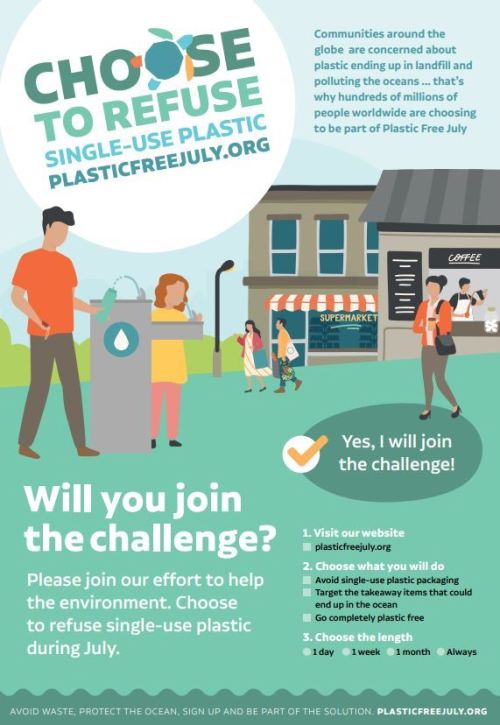In Belgium the government has already done somewhat to avoid plastic waste. Nowhere in shops and supermarkets, plastic bags are presented. Vegetables can be bought by placing them in the basket without a bag, or with paper bags provided by the shop, or in the reusable cotton bags.
Ear buds and a lot of body-care and make-up items are now all made of paper. But for the reusable cups, it is striking that they are not yet sufficiently reused … So there is still a lot of work to be done.
+
Preceding
++
Additional reading
- Freshwater, marine and coastal pollution
- The European Union – the environmental challenges and your voice
- Stepping forward with public commitments for Making different sectors carbon neutral by 2050
- Green Deal: new EU rules on limiting importing and exporting plastic waste
+++
Further related
- Plastic Pollution
- How ‘Forever’ Can Be Destructive
- Plastics Waste in the Time of CoronaPlastic and Ocean
- Global Plastic Waste Contributors
- Plastic waste’s poisonous journey through food chain
- Ocean Plastic: Women Who Bear the Brunt, Women Who are at the Front
- The Future of our Oceans: Are we getting ‘Hung Up’ on the wrong issue?
- Formations of different Plastic
- Are your clothes feeding the fish?
- Just Keep Recycling: How Can We Save Our Oceans From Fashion Pollution?
- Reducing Our Plastic Waste Footprint
- What Is Plastic Waste & Why It Is The World’s Biggest Problem?
- These Four Plastic Items Make Up Almost Half Of All Ocean Trash
- Drive to rid world of plastic bags in spotlight
- EU bans some single use plastics
- Different Plastic Types & Which Types of Plastic can be Recycled?
- Microbes in cow stomachs can help break down plastic
- New method turns biodegradable plastics into foam to combat pollution
- An End to Pennsylvania’s Preemption on Local Single-use Plastic Laws?
- 5 Sneaky Plastics To Avoid This Plastic-Free July
- A Guide To Plastic Free July
- Thousands Sign Petition To Ban Plastic Packaging For All Non-Food Items
What can you do this July?
Plastic Free July®is a global movement that helps millions of people be part of the solution to plastic pollution – so we can have cleaner streets, oceans, and beautiful communities. Will you be part of Plastic Free July by choosing to refuse single-use plastics? Choosing to refuse plastic packaging in July might be an option for you!
Ask you family, friends, sports club or office to commit stop buying or using items packed in single-use plastic. Swap to a reusable alternative. For example, you could swap out takeaway coffee cups for a reusable one, you could start buying plastic-free toothbrushes or use a personal reusable water bottles and so on.

Can you Refuse’ Single Use Plastic?
Each year in July people all over the world aim to exclude plastic bottles, cutlery, fruit packing, coffee cup lids and other common…
View original post 1,175 more words























































